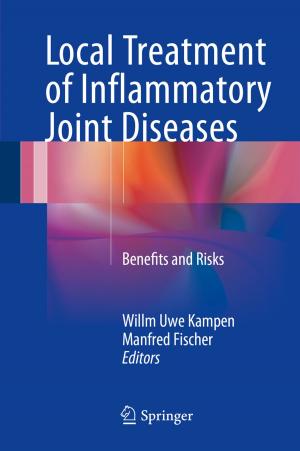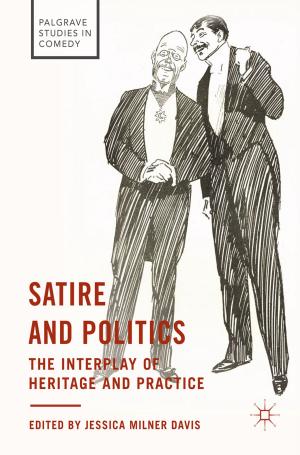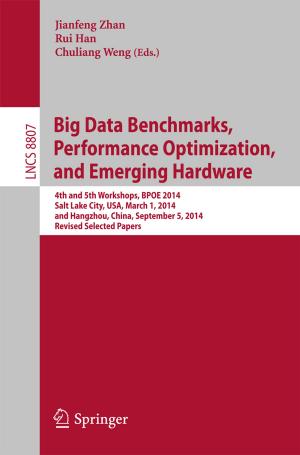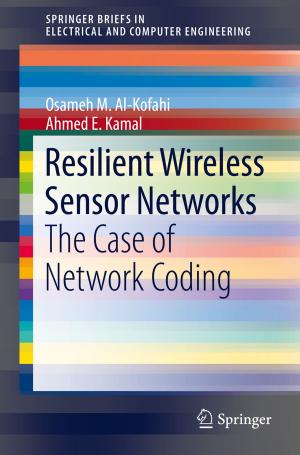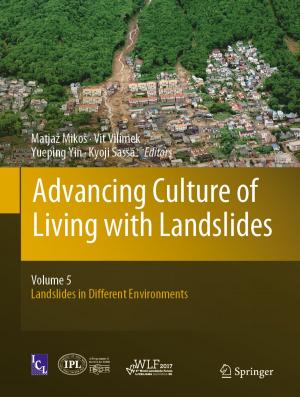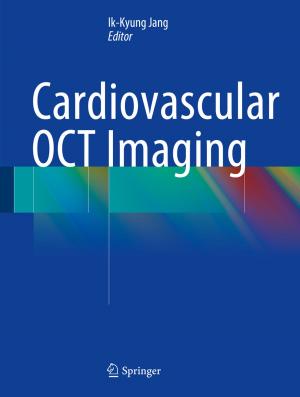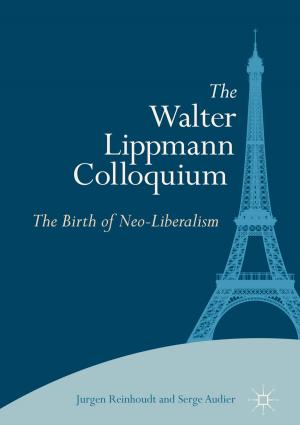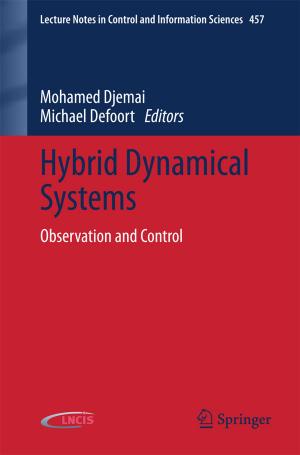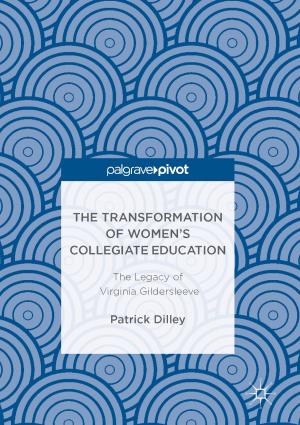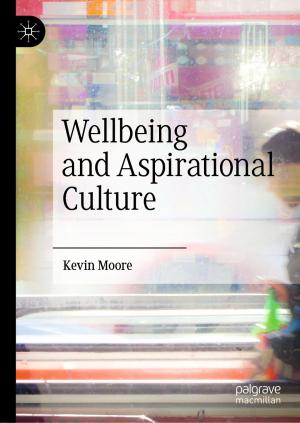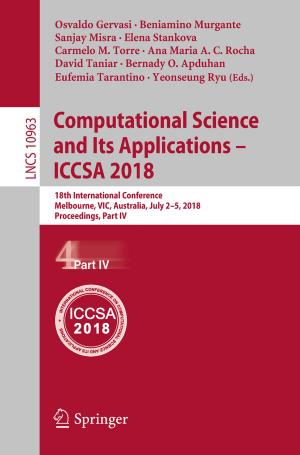Alternative Schooling, Social Justice and Marginalised Students
Teaching and Learning in an Alternative Music School
Nonfiction, Reference & Language, Education & Teaching, Educational Theory, Philosophy & Social Aspects, Social & Cultural Studies, Social Science, Sociology| Author: | Stewart Riddle, David Cleaver | ISBN: | 9783319589909 |
| Publisher: | Springer International Publishing | Publication: | July 14, 2017 |
| Imprint: | Palgrave Macmillan | Language: | English |
| Author: | Stewart Riddle, David Cleaver |
| ISBN: | 9783319589909 |
| Publisher: | Springer International Publishing |
| Publication: | July 14, 2017 |
| Imprint: | Palgrave Macmillan |
| Language: | English |
This book examines the experiences and perspectives of students and teachers at an alternative music school, which caters for young learners who have been marginalised and disenfranchised from mainstream schooling. The school utilises a rich music-infused curriculum that connects to the lives of its students, alongside a democratic ethos and ethic of care for members of the school community, including the students, teachers, and parents. The combination of personal narratives together with detailed critical discussion, provides a compelling argument for how schools can make a major difference to the lives of young people. The case study presented in this book offers one potential response to the institutionalised social and educational inequities that young people continue to face, and highlights the important lessons from alternative schooling for education more broadly. It will be of particular interest to researchers in the areas of education and sociology, especially those concerned with matters of social justice and equity in education.
This book examines the experiences and perspectives of students and teachers at an alternative music school, which caters for young learners who have been marginalised and disenfranchised from mainstream schooling. The school utilises a rich music-infused curriculum that connects to the lives of its students, alongside a democratic ethos and ethic of care for members of the school community, including the students, teachers, and parents. The combination of personal narratives together with detailed critical discussion, provides a compelling argument for how schools can make a major difference to the lives of young people. The case study presented in this book offers one potential response to the institutionalised social and educational inequities that young people continue to face, and highlights the important lessons from alternative schooling for education more broadly. It will be of particular interest to researchers in the areas of education and sociology, especially those concerned with matters of social justice and equity in education.

